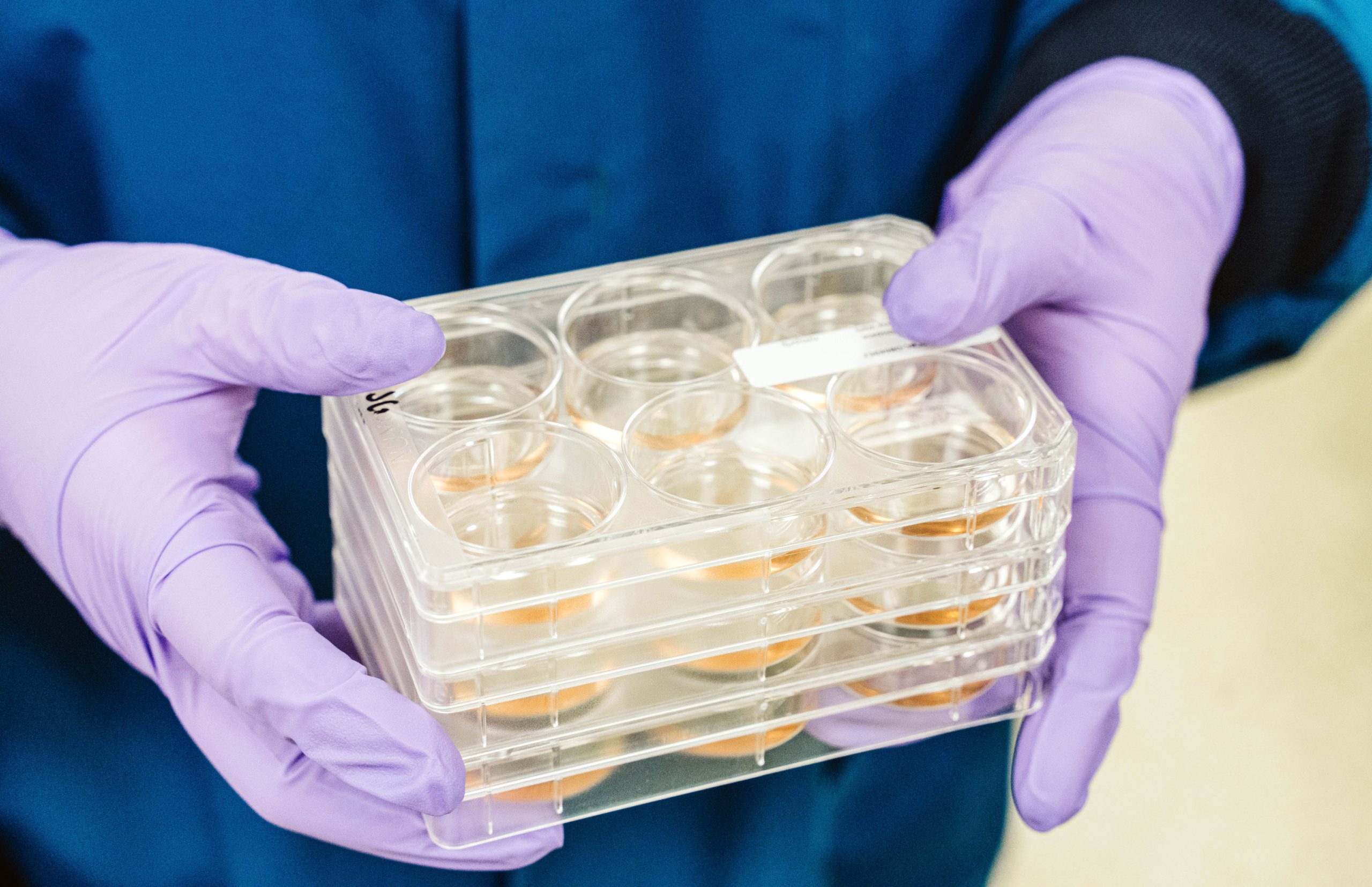Progenitor Cell Biology Consortium (PCBC) Collection
The Progenitor Cell Biology Consortium (PCBC) of the National Heart, Lung, and Blood Institute (NHLBI) was founded to study iPSCs reprogramming and differentiation, and develop strategies to address the challenges with transplantation of these cells.
It is unclear whether all methodologies produce iPSCs with a similar quality and stability. Limited direct comparisons of iPSCs generated from independent laboratories have been done due to the extensive resources required. It was for this reason that PCBC performed comprehensive experimental and genomic analyses of iPSC and hESC lines from different laboratories derived using a variety of reprogramming methods. Culture systems for the cell lines were harmonized, and comprehensive genomic and experimental analysis were performed on the materials. All resulting data is publicly available through Synapse.
Materials generated directly from these highly characterized lines are available from WiCell.
These characterized iPSC and hESC lines are available through WiCell. The publication describing this cohort can be found here.
Showing 1–16 of 21 results
Cell Line | Cell Line Alias | Cell Type | Disease | Genetic Alteration/Mutation | Sex | Age at Collection | Ethnicity | Genetically Related Cell Lines | dbGaP Data |
|---|---|---|---|---|---|---|---|---|---|
SC13-049; PCBC16hsi2013040201 | Human iPS | None reported | Male | Adult | Unknown | No | No | ||
SC11-010; PCBC03hsi2011080403 | Human iPS | None reported | Female | Neonatal | Unknown | No | No | ||
SC11-008; PCBC03hsi2011080401 | Human iPS | None reported | Female | Neonatal | Unknown | No | No | ||
SC11-012; PCBC03hsi2011080405 | Human iPS | None reported | Female | Neonatal | Unknown | No | No | ||
SC11-013; PCBC03hsi2011080406 | Human iPS | None reported | Female | Neonatal | Unknown | No | No | ||
SC14-073; PCBC03hsi2014031105 | Human iPS | None reported | Male | Neonatal | Unknown | No | No | ||
SC14-069; PCBC03hsi2014031101 | Human iPS | None reported | Female | Neonatal | Unknown | No | No | ||
SC14-070; PCBC03hsi2014031102 | Human iPS | None reported | Female | Neonatal | Unknown | No | No | ||
SC12-039; PCBC08hse2012100902 | Human ES | None reported | Female | No | No | ||||
SC13-043; PCBC02hsi2012090602 | Human iPS | None reported | Female | No | No |
